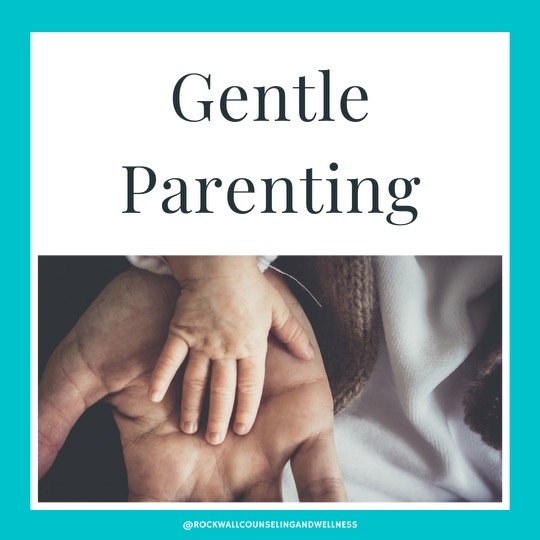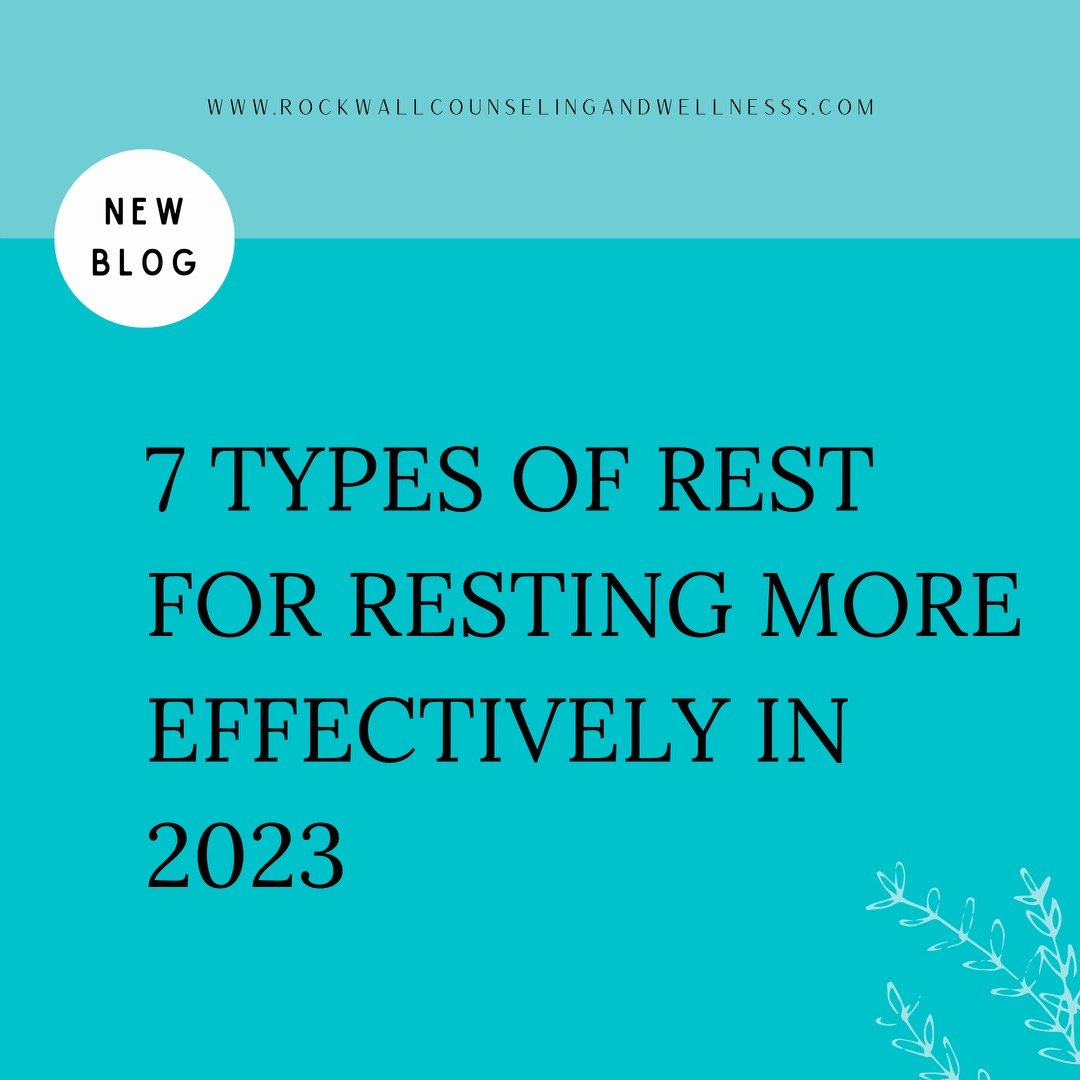this week on the blog
We will be featuring our first counselor spotlight, starting with Lauren Coats, the owner of Rockwall Counseling and Wellness. We hope these counselor spotlights allow you to learn a little bit more about each of the members of the staff here at Rockwall Counseling and Wellness in the hopes that as you seek out a counselor to start your therapy journey with, you have an idea of who they are, their backgrounds, and what their passions in counseling are.
Tell us a little about your journey to becoming a counselor. Where did you go to school? What are your degrees in? Are you originally from the Rockwall area?
I went to Texas A&M University for my undergraduate degree in Interdisciplinary Studies (Go Aggies!) and Texas A&M-Commerce for my Masters in Counseling. I am originally from Mesquite, TX and have lived in Rockwall for 15 years now!
What type of therapy are you most passionate about? Why?
I am most passionate about Affair Recovery because I love to see marriages restored after heartbreak. It is very rewarding work and I believe it impacts generations as their children are impacted by the change they see in their own parents' relationship. Another area I love working with is parents of teenagers and adolescents. As a former 6th grade teacher and a mother of four, I understand how difficult parenting this generation is and I love to provide parents with tools to enhance their relationships with their children.
If you could have any job besides the one you have now, what would you want to be doing?
I actually tell people all the time that I really am doing what I love the most! I knew when I was a teacher that it was in the right vein, but not my exact calling. Becoming a therapist and working with other therapists is the place where my talents and passion intersect.
What do you feel the biggest struggle facing your clients is?
I wholeheartedly believe that the biggest struggle facing my clientele is their own toxic thinking about themselves. Most of us talk more poorly and negatively to ourselves than to any other human. We can't even imagine telling our kids or a friend some of the mean statements we tell ourselves.
Who in your life do you most look up to? Why?
For the longest time I said Oprah...and while that's no longer my answer, I think it was because even as a teenager and young adult I loved how she seemed to ask her guests such incredible questions that cut to the core of the issue. She was a therapist of sorts and I really admired how she was able to get people to open up. I think my new answer is my mother. The older I've gotten the more appreciation I've gained for her sacrifices for me as a kid. She was always a good listener, she doesn't take herself too seriously, and I've truly never seen her offended. She loves life and I am so thankful she's my mom!
What is one piece of advice you would give your younger self?
Oh man, if I could go back to my teenage or young adult self I would tell her that she's perfectly fine to be a strong, capable woman. She spent a little too much time worrying that her strong personality and opinions would offend and thought it should be reserved for the boys and men. I'd tell her that being a woman is a gift and she should own her particular skills!
What would you say to someone who is considering starting therapy, but doesn’t know if it’s worth the time or money?
If someone is wondering if it's not worth the time or money, I'd assume they care a deep amount about the other people in their life, but maybe not themselves. I can't think of any investment that will impact your kids and family like your own personal therapy. If you want to be a better version of yourself you can be pretty certain that it will positively impact the other people in your life. If you don't think you're worth it, perhaps they are! And after therapy, I think you'll realize you were worth it all along as well.
Are you a dog person or a cat person?
Cat person all the way! We have 2 cats and I've had so many cats in my lifetime.
Do pineapples belong on pizza?
YES! Not always, but when I'm in the mood for them, absolutely!
What’s your favorite place to go out to eat in Rockwall?
I have so many local favs: Zanata, Bin 303, Oar House, and Casa Mama to name a few!
What do you like to do in your free time?
READ -- I love a good book!
What’s your favorite time of year?
Summer for sure!
Tell us a little about your family.
I've been married to Casey for 15 years, we have 4 children -- 2 girls and 2 boys. Our youngest joined our family through adoption in 2019 and we had a blast touring her home country of China for 19 days!
What is your favorite place to visit?
Italy! I've only been once in 2007, but had the opportunity to study abroad there for a month and fell in love. I can't wait to go back with my husband in the future!
If you could have dinner with one person, living or dead, who would it be and why?
I think it may be Oprah!
Are you more introverted, extroverted, or a mixture of both?
100% EXTROVERT










